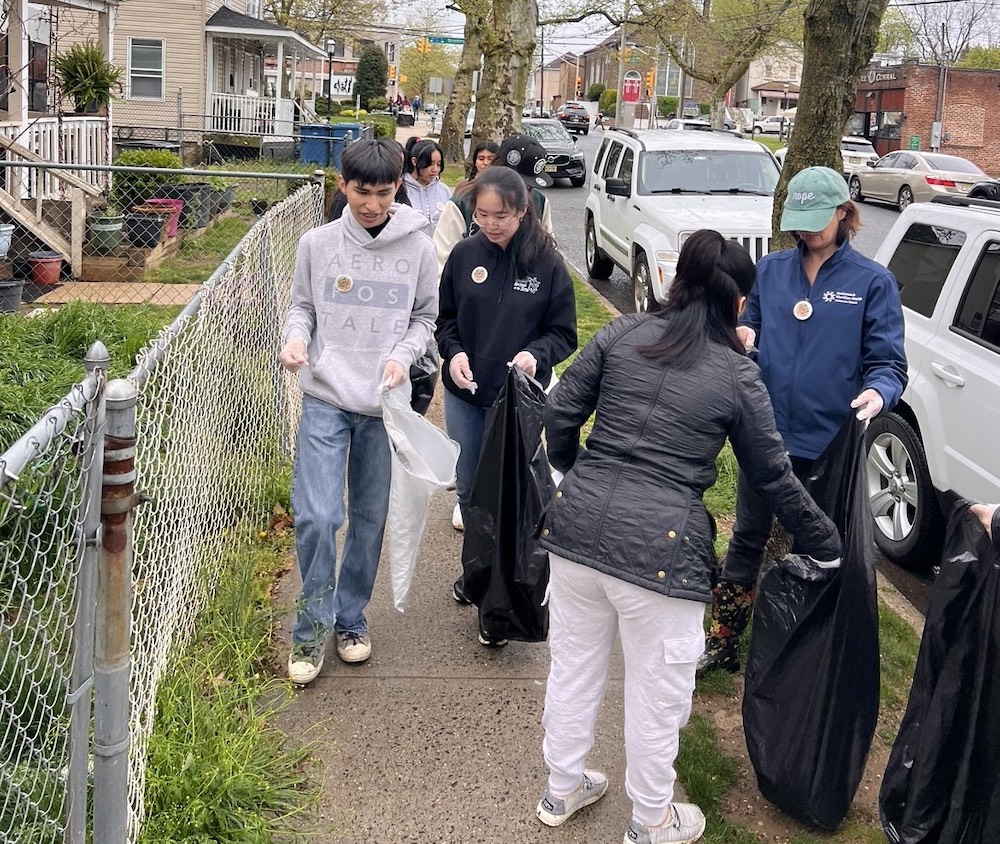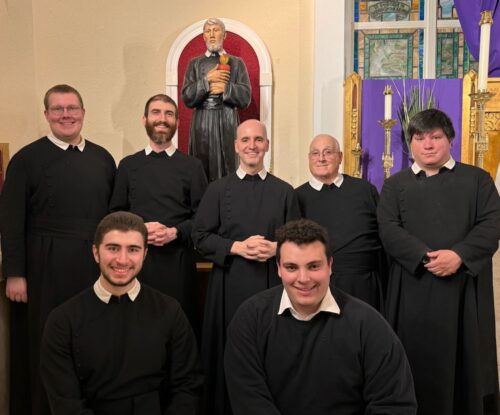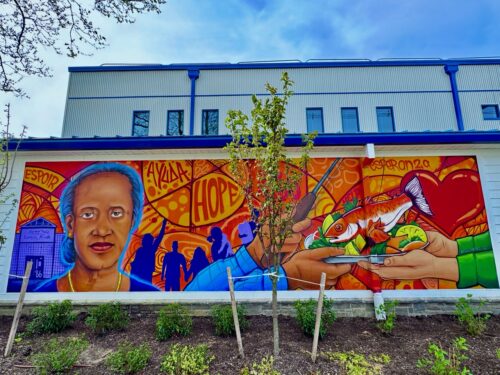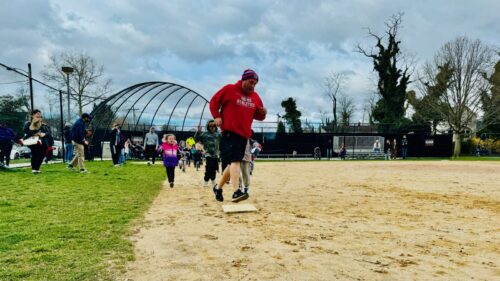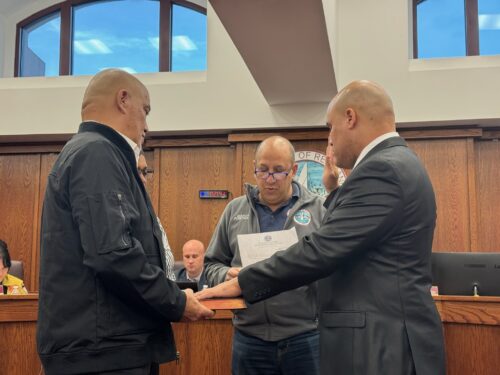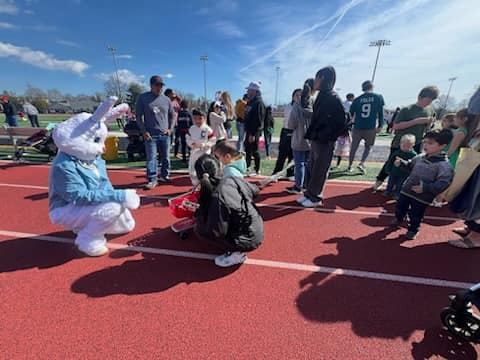Volunteers do what they can at St. Anthony of Padua to help keep the needy from going hungry. Twice a week, a food pantry at the church gives out bagfuls of food to dozens of families, many of them Hispanic immigrants.
But because the church isn’t equipped to handle and store much in the way of fresh food, much of what’s distributed is processed and in cans. Not the worst, but not the best, either.
“We give out a lot of food, but a lot of it is carbohydrates,” says volunteer Sandy Markiewicz. And in recent years, the church crew has noticed that “a lot of the people who come to us have a weight problem. And they’re kids are getting heavy, too,” she says.
There have been a couple of cases of clients developing Type-2 diabetes, a complication of obesity that can cause all sorts of ills in itself, from kidney disease to blindness.
Enter MariaJose Lodeiro.
A Venezuela-born nutritionist and Red Bank resident who does one-on-one counseling with patients at the Parker Family Health Clinic, Lodeiro has been enlisted to give the food pantry’s clients a basic education in diet.
She took stock recently of what the pantry offers its clients, and found that “it’s not garbage it’s good food. Lots of protein,” including two-percent-fat milk, chicken and fish, eggs, beans and peanut butter, plus canned vegetables and fruit.
Often, the pantry will have fresh carrots, onions and potatoes, but only if they can receive them from donors the same day they’ll be given out.
The trick is what to do with the food, and how to get the most out of it nutritionally. Lodeiro says the one-hour class will focus not on recipes, but on mixing and matching foods to maximize their impact according to the USDA’s food pyramid.
She’ll also emphasize portion size.
“Most of the immigrants are coming from places without good education and without good economics a bad combination” in terms of nutrition, Lodeiro says.
Even as their finances and knowledge increase after they come to the U.S., their understanding of diet may not change, but the portion sizes almost certainly will, she says.
“The rations here are too big. You never see a McDonald’s soda like this in Venezuela,” she says, opening her arms as though holding a bucket. “You find you can eat everything you want. So you overeat, and what you get is overweight.”
She’ll make a presentation in Spanish on Monday night; a week later, the class will be repeated for another audience in English. Both classes are restricted to food panty clients. For information, call 732.747-0813.
Afterward, “We’re sending them home with a bag of fresh vegetables to help get them started,” Markiewicz says.



